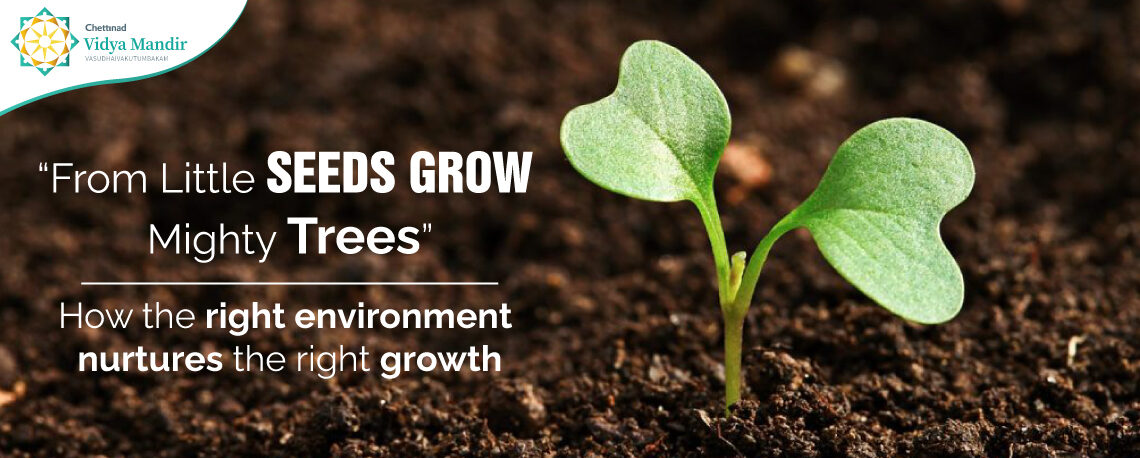Environmental variables have been shown in numerous studies to have an important impact on a child’s overall development.
A child’s development is greatly influenced by the environment in which they are raised, including the family, the home, the community, and the school. The child learns throughout their formative years mostly through interactions with their surroundings and with other people. They acquire the essential motor skills and strength to function efficiently, as well as learn to solve issues, form positive habits, and socialize. Understanding the elements that are influenced by both nature and nurture may make it simpler for parents to address their child’s needs.
The following are a few factors that have an impact on a child’s growth.
Family:
The main environmental elements influencing a child’s growth are the emotional ties between children and parents. Like a sponge, children soak up everything around them, and this starts to show in their personality and conduct.
Children who participate in family discussions may become more aware of family dynamics. Children need to be given time and care as well, especially in joint families.
Parenting Style:
Another significant factor is parenting style. Even in terms of intellectual development, the family that expends more time and effort with their children will have greater positive improvement. The most important thing to offer them is your time and focus. Read aloud and together with the child. Spend some time amusing them. Discuss their day. Offer your own perspectives as well while inviting theirs. As a result, they get the time to ponder and think for themselves, which improves their capability to resolve challenges.
However, indifference or carelessness can also be harmful. Allowing them to do whatever they choose and without correcting them when they misbehave or not praising them when they do something good will only promote bad habits.
Health and Nutrition
A child’s physical and mental development depends on nutrition. Habits like overeating or eating unhealthily can cause weight gain, obesity, diabetes, stunted growth, lethargy, and a variety of other issues.
Make sure your child is receiving micronutrients like vitamin A, iodine, and iron because deficiencies in these can lead to major health issues. Reduced motor skills and social development in toddlers and young children have been linked to these deficiencies.
Learning environment:
Make sure that your child’s development is stimulated at home in addition to in the classroom. These include mental, verbal, emotional, and physical abilities. The ideal setting for this is a peaceful, loving family where your child may concentrate on developing his skills. Lack of a supportive atmosphere for learning can result in anxiety and a lack of stimulation.
You should make an effort to provide your child with the opportunity to pursue his hobbies, particularly at home. Give your child a sense of curiosity, encourage him to ask questions, and train him to solve real-life problems on his own.
Social Media
Nowadays, with everything available on a digital platform, exponentially rising screen durations are not uncommon.
If you can’t entirely avoid it, you may utilize this constructively for the recommended times just to streamline the information that is instructive, kid-friendly, and age-appropriate.
School:
A child spends a significant amount of time in school each day, therefore it plays a significant role in his or her life. It is your duty as a parent to determine which school will best meet your child’s needs. You also have to keep yourselves informed of your child’s school activities, visit with his teachers frequently, and engage with both his peers and their parents.
It is your responsibility as a parent to expose your child to the correct environment because it will directly affect his behavior, learning, and personality. Although there is no parenting manual that can outline the ideal possibilities you should give your child, you should make every effort to be there for him or her.
The most important thing to keep in mind is to have a calm and caring home atmosphere, form close relationships with your children, and give them the love, care, attention, and acceptance they require to develop and thrive.

